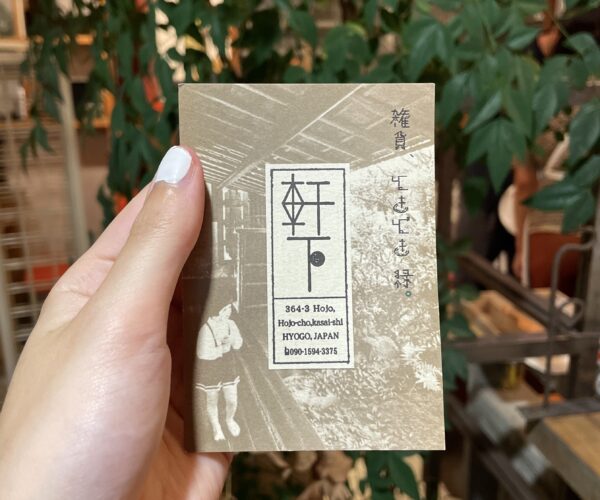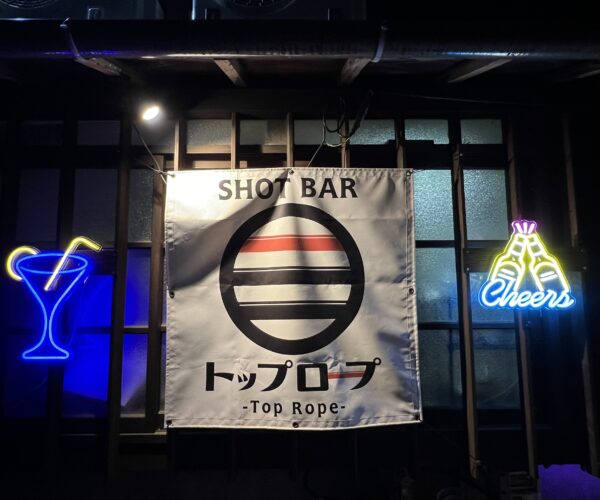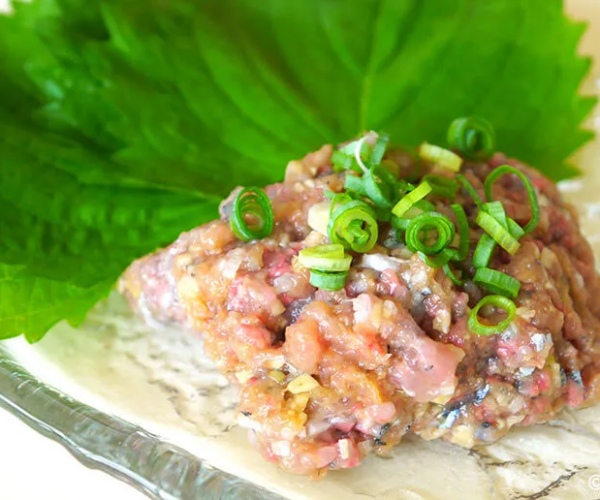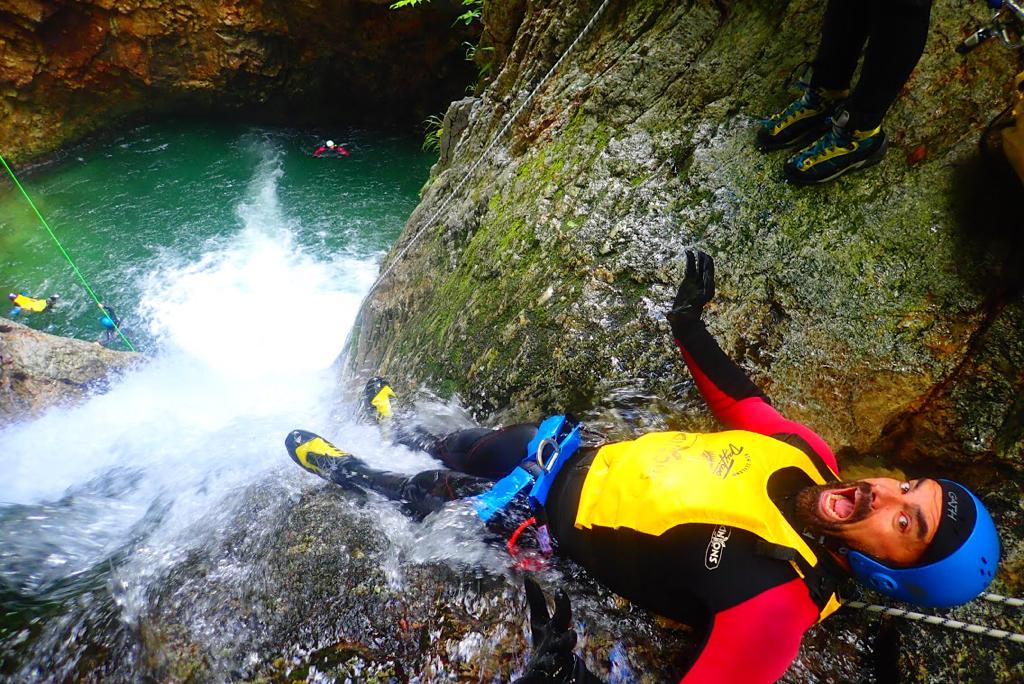This article originally featured in the December 2019 issue of Connect.
Cory McGowan (Gunma)
It started out like so many other runs. Just get out and stretch the legs, throw on the sneakers, quickly warm up, and run a not too serious 10-12 km.
But there was one big difference: instead of being on the flat streets of Tokyo or along my normal route along the Arakawa, I was in Minakami, Gunma Prefecture, so I would either be running up or downhill, which was a nice change. As I had often stayed in the same house during multiple visits to the area, I already knew my route: head out north along the Tonegawa River so that I could get the dramatic views of Mount Tanigawadake, and return south along the river to get a bit of a push from the crisp north winds that indicated the impending winter in the high country.
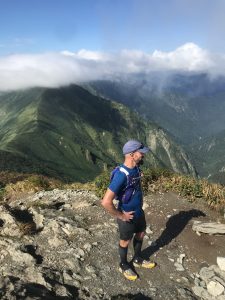 I was only about 2-3 km away from home when it hit me, “We could live here.” Similar thoughts that I have gotten on the endorphin buzz of a good run have been often far fetched and rarely been acted upon, but this one had legs (excuse the pun), and started to make sense in my head. It was close enough to Tokyo that I could commute every day to work and we could rent out our apartment for enough that it would cover our mortgage payments and our low countryside rent. Our sons were still young enough that they could make the transition away from their school and friends to new ones. All I had to do was somehow convince my wife that the rewards would outweigh the risks. When I asked her for some time to discuss it, I knew there was a chance it could happen when she didn’t immediately respond with, “No way!”
I was only about 2-3 km away from home when it hit me, “We could live here.” Similar thoughts that I have gotten on the endorphin buzz of a good run have been often far fetched and rarely been acted upon, but this one had legs (excuse the pun), and started to make sense in my head. It was close enough to Tokyo that I could commute every day to work and we could rent out our apartment for enough that it would cover our mortgage payments and our low countryside rent. Our sons were still young enough that they could make the transition away from their school and friends to new ones. All I had to do was somehow convince my wife that the rewards would outweigh the risks. When I asked her for some time to discuss it, I knew there was a chance it could happen when she didn’t immediately respond with, “No way!”
So we took the leap. It’s been a year and a half since we made the move from Tokyo to beautiful Minakami, and I’m still not over the surprise that it happened—or our good fortune to be living in this outdoor paradise. While I am from a rural place in America (Maine, to be exact), this place is much different than any other place I’ve ever lived—bigger mountains and more wildlife. At one point, my wife and I had been woken up four nights in a row by the sound of a bear noisily crunching away at the wild walnuts that litter our yard. Fortunately, it was considerate enough to go back to wherever it came from by the time our family got out of bed in the morning.
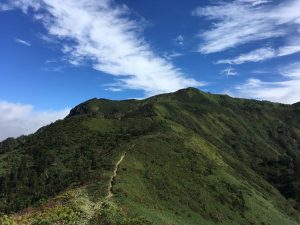 The first year of commuting to Tokyo wasn’t bad. There is something extremely civilized about a daily commute by shinkansen. It was close to two hours each way, but even in non-reserved seating, I always had a seat (and a comfortable one at that). If I had a beer on the way home, I was—rather than being the weird gaikokujin drinking on the train—just like everyone else headed off toward their weekend destinations. Except that I was going home!
The first year of commuting to Tokyo wasn’t bad. There is something extremely civilized about a daily commute by shinkansen. It was close to two hours each way, but even in non-reserved seating, I always had a seat (and a comfortable one at that). If I had a beer on the way home, I was—rather than being the weird gaikokujin drinking on the train—just like everyone else headed off toward their weekend destinations. Except that I was going home!
But there was something that didn’t quite feel right about leaving my family 160 km away every day while I was at work. Anyone that’s been in Japan even a few years (or especially in 2011) knows it’s not considered paranoia to wonder when the Big One is going to hit Tokyo, and if you’ll be there when it happened. Also, one of my biggest motivations for moving to Minakami was the opportunity to teach my sons about the community in a way they couldn’t learn about it in a big city. But how could I really consider myself part of this community if I was away five days a week and not really working for, or supporting it?
Going Into the Unknown
 Enter Canyons. Or more specifically, Mike Harris, the company’s founder. I got to know Mike right after we moved and I started volunteering at the Minakami Outdoor Festival, one of the many projects he started to support Minakami. It is not an exaggeration to say that this Kiwi is a legend in Minakami—but also all over Japan for his work in the outdoor industry. He has been a pioneer in the industry here, and brought the sport of canyoning to Japan, hence the name of the company he launched nearly twenty years ago. On three chance occasions, as I was starting to lose my patience for being away from my family and Minakami so much, Mike and I ended up being on the same shinkansen. On those trips, I learned that he had needs at his company that he thought I could fill. So it was time to have another conversation with my wife about risks and rewards.
Enter Canyons. Or more specifically, Mike Harris, the company’s founder. I got to know Mike right after we moved and I started volunteering at the Minakami Outdoor Festival, one of the many projects he started to support Minakami. It is not an exaggeration to say that this Kiwi is a legend in Minakami—but also all over Japan for his work in the outdoor industry. He has been a pioneer in the industry here, and brought the sport of canyoning to Japan, hence the name of the company he launched nearly twenty years ago. On three chance occasions, as I was starting to lose my patience for being away from my family and Minakami so much, Mike and I ended up being on the same shinkansen. On those trips, I learned that he had needs at his company that he thought I could fill. So it was time to have another conversation with my wife about risks and rewards.
Despite Mike’s success with this business, making this move would be quite a risk at that point in my career. At the time, I was in line for a director-level management position at a very reputable company in Tokyo, and the salary was well beyond anything I could expect in rural Minakami. Some of my friends also warned me that once I made the move to a company outside of Tokyo and started working in a relatively obscure industry like outdoor adventures, it would be hard to be relevant again in the Tokyo business scene. At the same time, the position Mike was offering me, to be his “second-in-command,” help strengthen the company, and prepare it for further growth was an opportunity too good to pass up. Fortunately, things had gone so well with our move so far that my wife was willing to support the change as well.
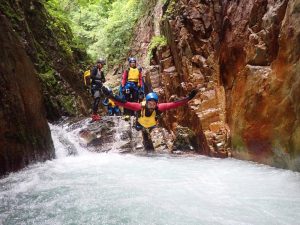 Canyoning was really something I literally knew nothing about and after starting at Canyons, I learned quickly that it would test my limits. For those unfamiliar with canyoning, it is going on a river adventure by sliding, jumping, and rappelling over rock features and waterfalls. I’m not very comfortable with heights and on my first tour in Minakami, being lowered—and dropped partway—over a 20-meter waterfall was nerve-racking. It scared me, but somehow being on the rock face of the fall most of the way down made it bearable.
Canyoning was really something I literally knew nothing about and after starting at Canyons, I learned quickly that it would test my limits. For those unfamiliar with canyoning, it is going on a river adventure by sliding, jumping, and rappelling over rock features and waterfalls. I’m not very comfortable with heights and on my first tour in Minakami, being lowered—and dropped partway—over a 20-meter waterfall was nerve-racking. It scared me, but somehow being on the rock face of the fall most of the way down made it bearable.
Then I decided to go on one of our Okutama tours called Big Holy. It started off with some gentle fun on a slider down some smooth rock. Then came the big challenge—a zip line down a 25-meter waterfall. As the guides started to rig up the rope that spanned the whole fall and sent down the first few people in our group, I started looking for escape routes.
We were pretty deep in a canyon, but I knew I could climb out and run back to the base, wetsuit and all. Of course, that would mean bailing in front of the guides, who were supposed to be seeing me as their new leader—not to mention that the other people in the group sounded like they were having so much fun. I went for it, and not only did I experience an adrenaline rush unlike any I had before, but I also realized just how much that was an analogy for how this job was going to challenge me and help me grow.
Taking on this new challenge at Canyons has really felt like the final puzzle piece in our move to Minakami. The work itself is quite challenging, and I’m learning that the outdoor industry is surprisingly complex, combining different activities in each season with various locations and customers who come to us with a wide range of expectations about the type of outdoor adventures they want to have. But it has also given us the feeling that we are now “home.” There is something comforting about working in the community you live in—seeing familiar places during your commute to work, waving to the same people every day, and dramatic changes in the surrounding natural environment as the seasons change.
Rural places in Japan have a reputation for being “closed off” to foreigners who try to live in them, and while I’m sure that has some truth to it, this is definitely not the case in Minakami. Thanks to pioneers like Mike Harris and other foreigners who have been living in and building businesses like Canyons in this town for over 40 years, the locals are very much familiar with and welcoming to their non-Japanese counterparts in the community. Frankly, I have been blown away by the generosity of the locals I have met here. It is not an exaggeration to say that my family can hardly go a week without receiving something for free from the people we know in the community—from freshly grown fruits or vegetables, to firewood, to even a Kei truck! And while we do our best to give back something that shows our appreciation, it inevitably results in us getting more gifts.
My conversations with the locals here have shown me they are acutely aware of the fact that despite living in a beautiful place with easy access to Tokyo, they are losing population fast. They are also aware that it is non-Japanese people like myself that are likely to be one of the only ways to help slow down that trend, thanks to our interest in the outdoors and in a somewhat alternative lifestyle from those that live in Japan’s big cities. Personally, I am honored to be considered part of this community now, and feeling like I am home for the first time since I was a kid was a reward that was worth any risk we took to get here.
Cory McGowan is an executive coach and COO at Canyons Japan Ltd in Minakami, Gunma Prefecture. An American living in Japan for 20 years, he spends his time running up and down mountains and waiting anxiously for the snow to come.

